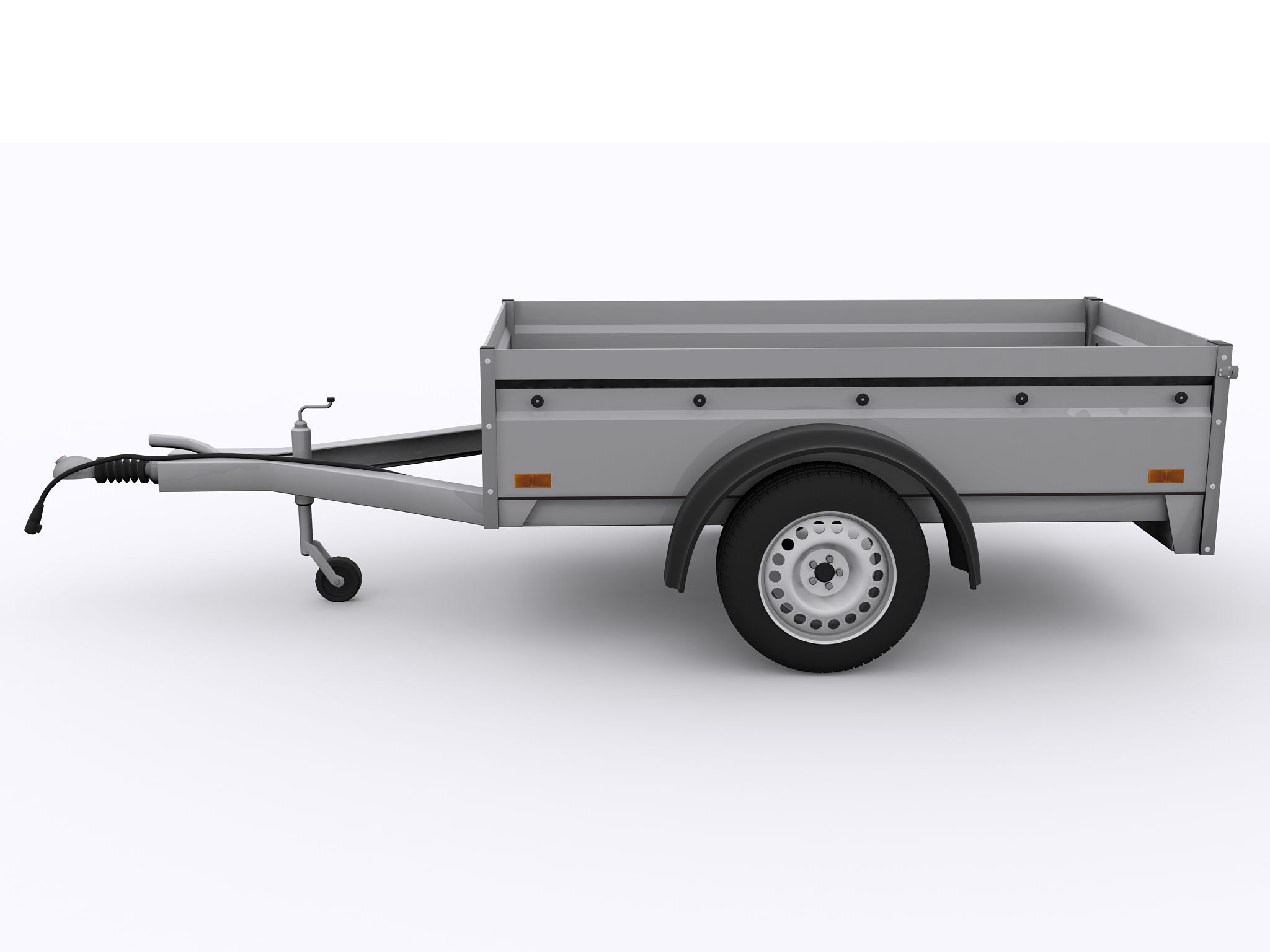How Local Regulations Impact Trailer Leasing in Kent County
Understanding Local Regulations
For businesses and individuals interested in trailer leasing within Kent County, understanding local regulations is crucial. These regulations can affect where and how you can lease trailers and the types of trailers you can lease. Adhering to these rules ensures compliance and avoids potential fines or legal issues.
Local regulations may differ significantly from one county to another, and they often revolve around safety standards, environmental considerations, and zoning laws. Therefore, it's vital to familiarize yourself with these regulations to make informed leasing decisions.

Safety Standards and Requirements
Kent County, like many localities, places a strong emphasis on safety when it comes to trailer leasing. This includes ensuring that trailers meet specific safety standards before they can be leased. Lessees must ensure that trailers are equipped with the necessary safety features, such as proper lighting, brakes, and reflectors. Regular inspections may be required to maintain compliance.
The county may also mandate specific training or certifications for individuals operating leased trailers. This ensures that all drivers are competent and can safely handle the trailer under various conditions.
Zoning Laws and Environmental Considerations
Zoning laws in Kent County can significantly impact trailer leasing. These laws dictate where trailers can be parked or stored, which can affect the logistics of your operations. It's essential to check local zoning laws to ensure your leased trailer is parked in a permissible area.
Environmental regulations also come into play, particularly for businesses that use trailers for transporting goods. Proper waste disposal and emissions standards must be adhered to, ensuring that operations do not negatively impact the local environment.

Types of Trailers Affected by Regulations
The type of trailer you plan to lease may be subject to different regulatory requirements. For example, commercial trailers used for transporting hazardous materials will have stricter guidelines compared to standard utility trailers. Understanding the classification of your trailer is essential to ensuring compliance with all relevant laws.
This is particularly important for businesses in industries such as construction or food transportation, where specific trailer types are more heavily regulated. Always check with local authorities to determine any additional requirements for your specific trailer type.
Steps to Ensure Compliance
To navigate the regulatory landscape effectively, consider the following steps:
- Research: Gather information on local regulations from government websites or local authorities.
- Consult Professionals: Legal or industry professionals can provide guidance tailored to your specific needs.
- Regular Inspections: Schedule regular inspections to ensure your leased trailer remains compliant with safety standards.

The Benefits of Compliance
Complying with local regulations not only helps avoid costly fines but also enhances your business's reputation. Demonstrating a commitment to safety and legal standards can build trust with clients and partners, potentially leading to more business opportunities.
Moreover, maintaining compliance can prevent disruptions in operations, helping businesses run smoothly without unexpected legal hurdles.